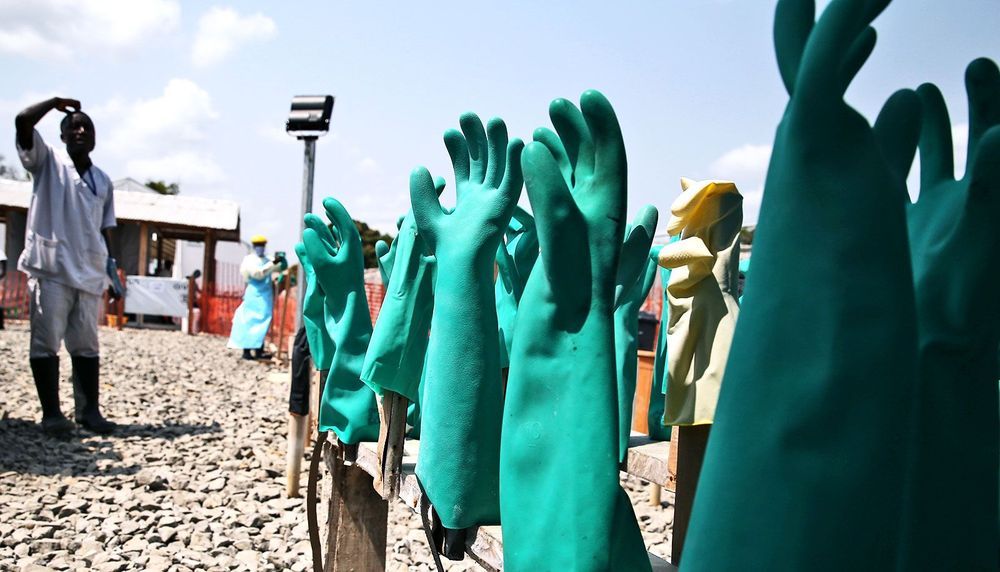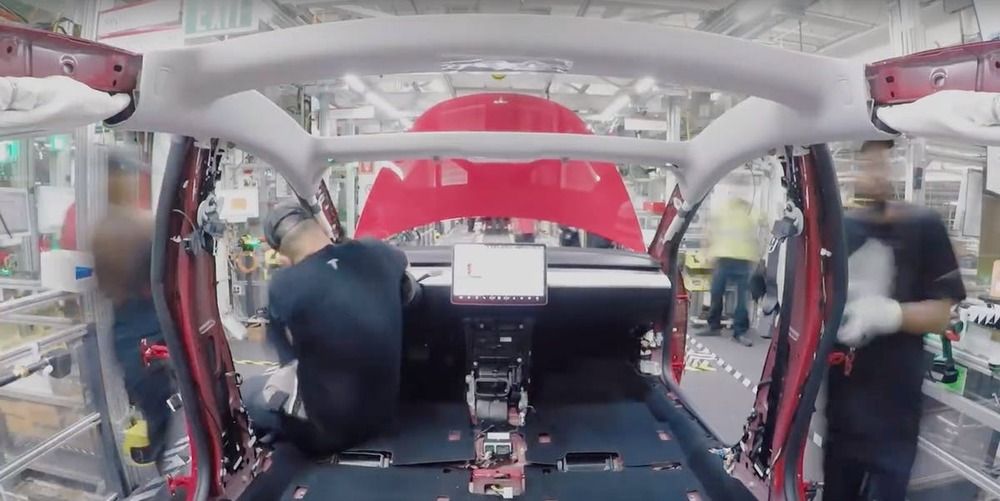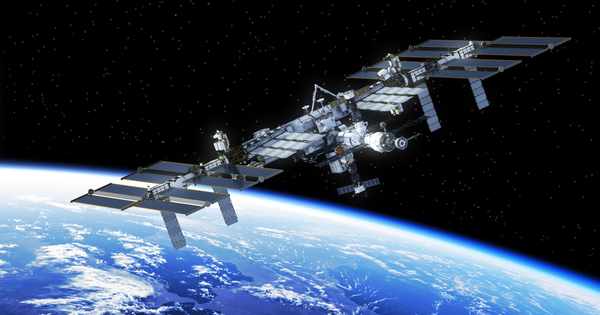Uncrackable encryption keys made from images of 2,000 wiggling T cells could keep your data safe from hackers and security breaches.






This is the highest-resolution color departure shot of Pluto’s receding crescent from NASA’s New Horizons spacecraft, taken when the spacecraft was 120,000 miles (200,000 kilometers) away from Pluto. Shown in approximate true color, the picture was constructed from a mosaic of six black-and-white images from the Long Range Reconnaissance Imager (LORRI), with color added from a lower resolution Ralph/Multispectral Visible Imaging Camera (MVIC) color image, all acquired between 15:20 and 15:45 UT — about 3.5 hours after closest approach to Pluto — on July 14, 2015. The resolution of the LORRI images is about 0.6 miles (1 kilometer) per pixel; the sun illuminates the scene from the other side of Pluto and somewhat toward the top of this image.
The image is dominated by spectacular layers of blue haze in Pluto’s atmosphere. Scientists believe the haze is a photochemical smog resulting from the action of sunlight on methane and other molecules in Pluto’s atmosphere, producing a complex mixture of hydrocarbons such as acetylene and ethylene. These hydrocarbons accumulate into small haze particles, a fraction of a micrometer in size, which preferentially scatter blue sunlight — the same process that can make haze appear bluish on Earth.
As they settle down through the atmosphere, the haze particles form numerous intricate, horizontal layers, some extending for hundreds of miles around large portions of the limb of Pluto. The haze layers extend to altitudes of over 120 miles (200 kilometers). Pluto’s circumference is 4,667 miles (7,466 kilometers).

An injection capable of halting the progress of Alzheimer’s could be available to patients within a decade, Britain’s leading dementia organisation predicts.
The Alzheimer’s Society says a series of recent breakthroughs in treatments that disrupt harmful genes has brought scientists to a “tipping point” in their fight against the disease.
For decades, researchers have sought without success a treatment for Alzheimer’s based on targeting damaging proteins that build up in the brain.


The fate of Westeros will soon be revealed.
In the meantime, entomologist Brett Ratcliffe has found three new contenders for the throne.
The University of Nebraska professor named three of his eight newest beetle discoveries after a trio of dragons in George R. Martin’s “A Song of Ice and Fire” book series (known more popularly as HBO’s Game of Thrones).


Rahmat Triyono, the head of the tsunami and earthquake division at the BMKG, said the quake had been felt strongly in Bengkulu city, Kepahiang and Central Bengkulu.
“Based on our modelling, the earthquake does not have the potential to cause a tsunami,” he said in a statement.
There were no reports of casualties or damage at the time of writing. (kmt)